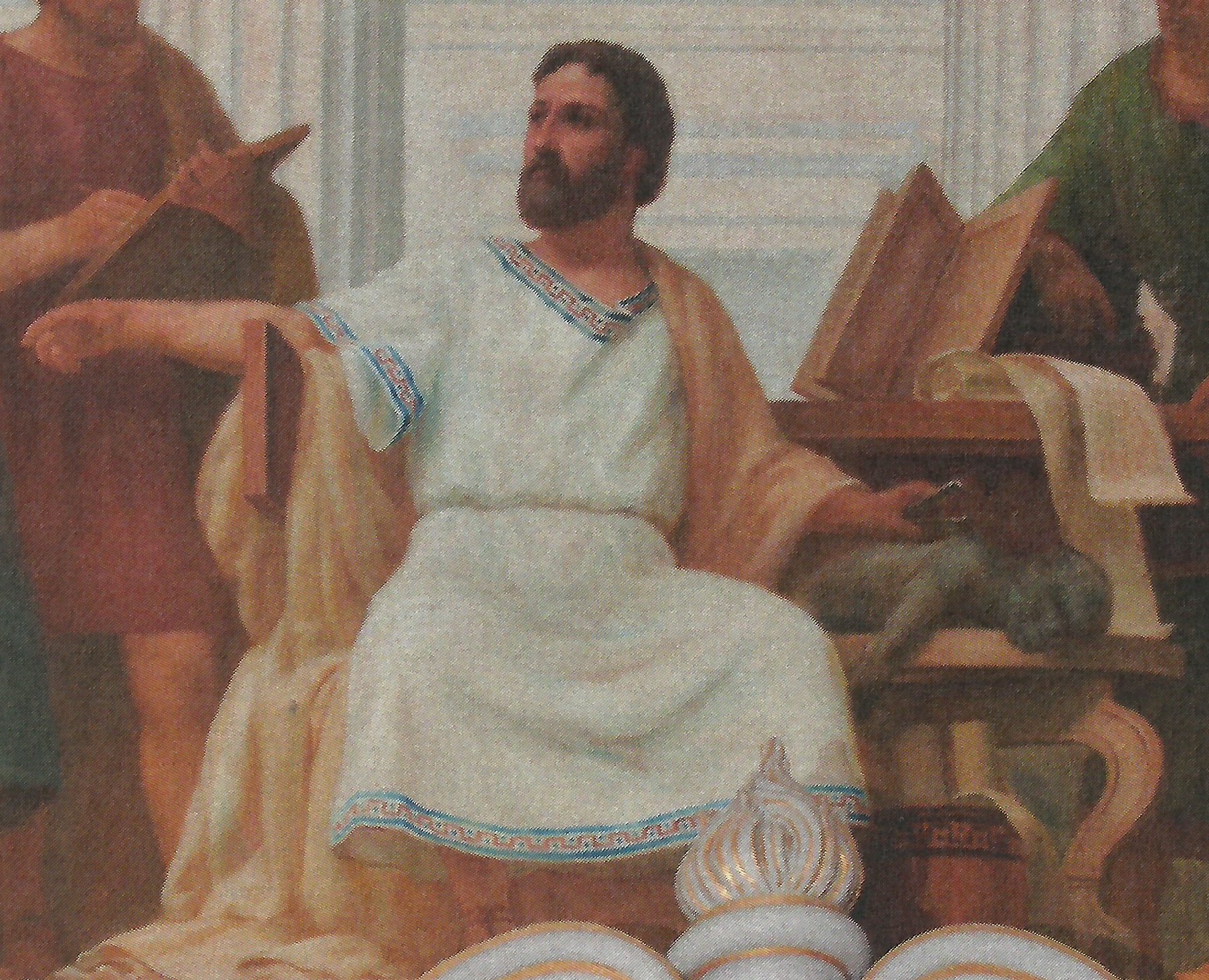“The best physician is also a philosopher.”
Quod optimus medicus sit quoque philosophus.
Title of a treatise; cited from Judith Perkins The Suffering Self (London: Routledge, 1995) p. 154.
Latter day attributions
